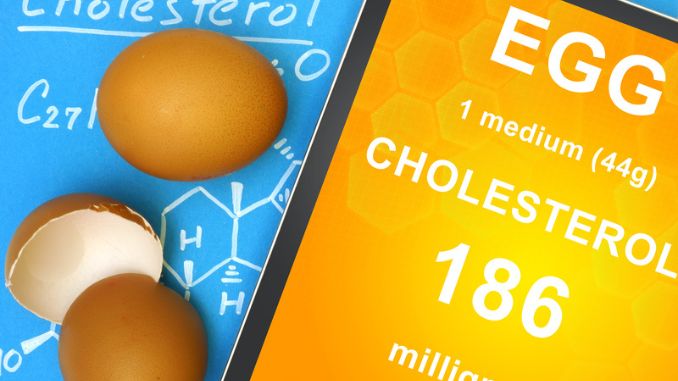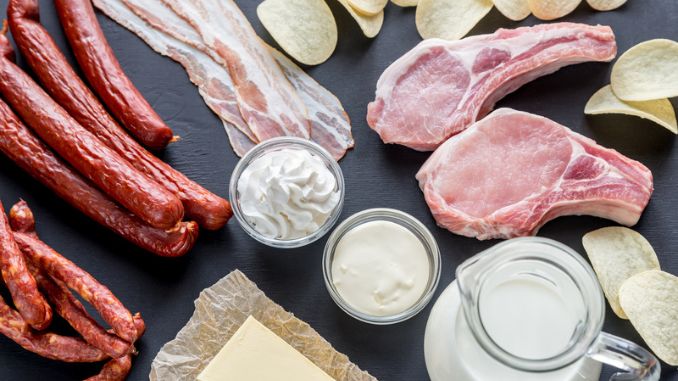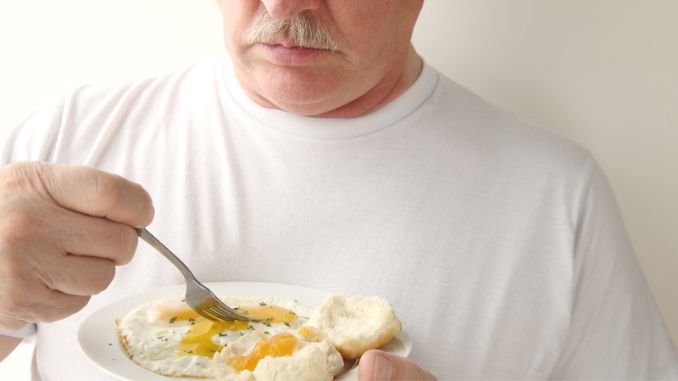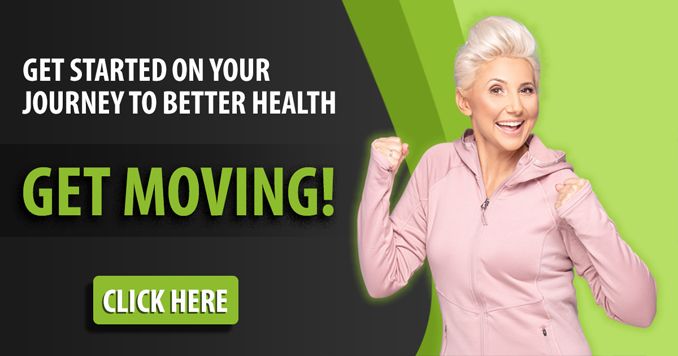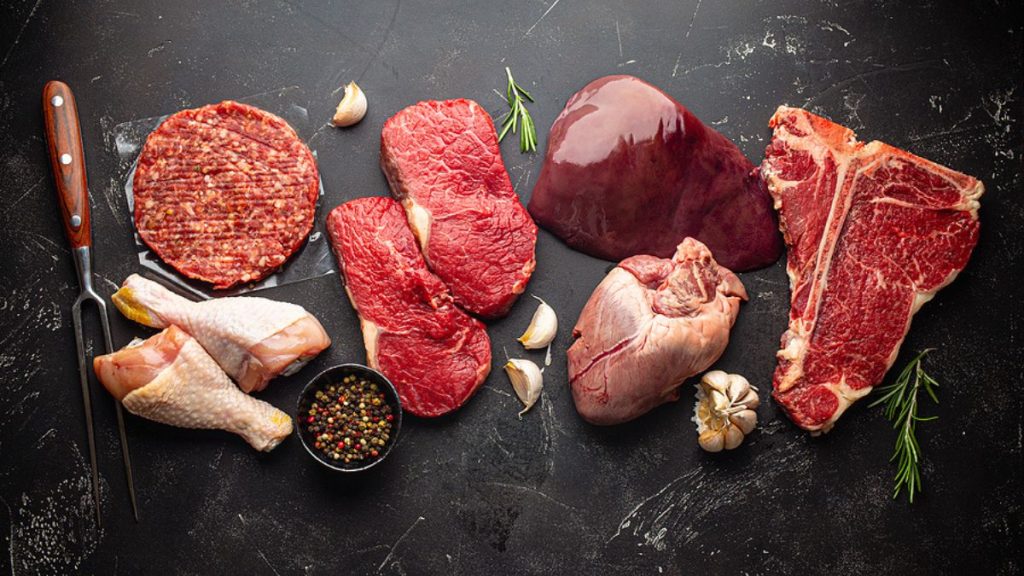Cholesterol is one of those health terms so many people care about but few of them fully understand. The truth about cholesterol is quite complicated while some myths are clear and straightforward, and as a result, most people don’t know as much about cholesterol as they probably think. Today, we offer you to get up to date on the greatest cholesterol myths debunked myths — and truths — about this essential substance.b
3 greatest cholesterol myths debunked
1. The lower your cholesterol, the healthier you are.
Wrong. In fact, only about 25% of all cholesterol in your body comes from the food you eat. The rest of it, produced by the liver, is naturally present in your body and takes an important part in:
- production of estrogen, progesterone, and testosterone;
- proper immune system and brain functioning;
- maintaining healthy, strong cell membranes.
So while too much cholesterol is, indeed, bad for you, some of it is essential. It’s all about the balance. High cholesterol is a risk factor for heart disease and stroke. This is causing as many as 2.6 million deaths in the US each year. Low cholesterol (a condition called hypocholesterolemia) is a medical problem, too, and can lead to adverse consequences as well.
2. Eating eggs will skyrocket your cholesterol levels.
Wrong. Cholesterol’s poor reputation has reduced the credibility of some great, nutritious, healthy foods. Take the eggs — they are a perfectly healthy source of protein, vitamins, and unsaturated (good) fats, however, many avoid eating them as they believe that their cholesterol levels will immediately go through the ceiling.
The truth is, you naturally have some cholesterol in your body, no matter what you eat. When your cholesterol intake rises, your body is able to compensate for it by producing less cholesterol of its own. Only some of the cholesterol in your food turns into the cholesterol in your bloodstream. The eggs do, indeed, contain some cholesterol — but eating a moderate amount of them (two or less per day) will have a very slight effect on your overall cholesterol levels.
That said, excess amounts of foods rich in trans fats and saturated fats (fast foods, hard margarine, snack crackers, cookies, chips) can actually make things worse. Excessive blood cholesterol is more often caused by consuming saturated fats than by eating cholesterol itself. When that takeaway dinner rolls around, try to keep portion size reasonable.
3. Statins can be replaced with dietary and lifestyle changes.
We wish this one of the greatest cholesterol myths was true, but in some cases, it isn’t because this is debunked. Taking pills to control one’s bloodstream content doesn’t sound like the key to good health, but with very high cholesterol, they are usually a way to go.
While diet and a healthy lifestyle can play a large role, in some cases medications are still necessary to bring the cholesterol numbers down. Of course, statins are by no means a panacea and neither are they harmless. Statin medication may cause considerable negative side effects on the body, in particular:
- loss of memory;
- decreased libido;
- muscle pains;
- fatigue, etc.
Nevertheless, cholesterol-lowering medications like statins are in most cases necessary for those who already have dangerously high levels of cholesterol and are, therefore, exposed to vascular diseases. While the primary way to prevent high cholesterol levels is a healthier lifestyle, prescribed medications can quickly get those numbers down for people who are already at risk.

Rick Kaselj MS, is a leading kinesiologist and injury specialist as well as co-creator of the best-selling Unlock Your Hip Flexors program. Rick creates exercise programs that help people heal injuries and eliminate pain, so they can go back to living a full, active, healthy life.

